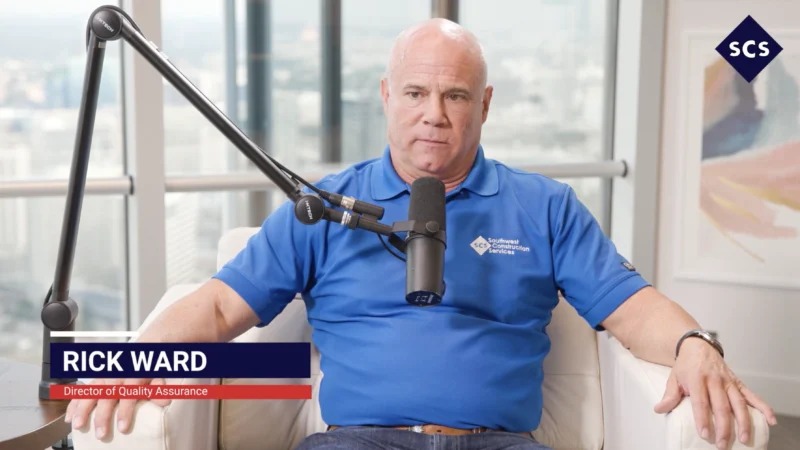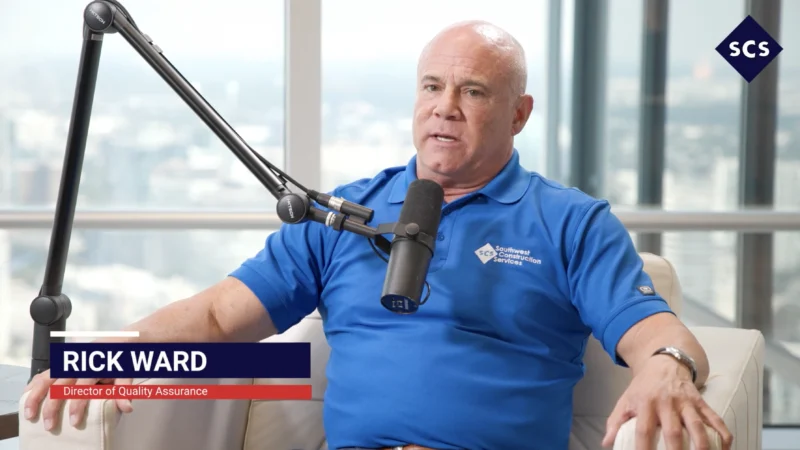Ensuring Excellence: How Quality Assurance Shapes Every Successful Project
In an era of rising climate volatility and tighter construction tolerances, waterproofing has quietly become one of the most consequential guardians of a building’s long-term health. Too often, the industry treats it as an afterthought—something buried behind walls, beneath slabs, or under layers of finish—but the truth is that its success or failure can dictate decades of performance, safety, and cost. Quality assurance in this space isn’t just a procedural step; it’s a philosophy that recognizes how a single lapse in preparation or communication can invite air or water into places engineered to resist both. When that happens, the consequences range from structural deterioration to mold and energy inefficiency, creating challenges far more expensive than proper installation ever would have been. The best waterproofing teams embrace rigor not because it’s glamorous, but because it’s the only way to ensure an owner never has to ask why their “new” building is already showing signs of trouble.
This discipline also relies on clear, exacting communication—the kind that aligns contractors, manufacturers, and installers around standards that leave no gray areas and no shortcuts. And that’s why it’s the perfect moment to hear from Rick Ward, Director of Quality Assurance for Southwest Construction Services, whose perspective brings these principles to life.



